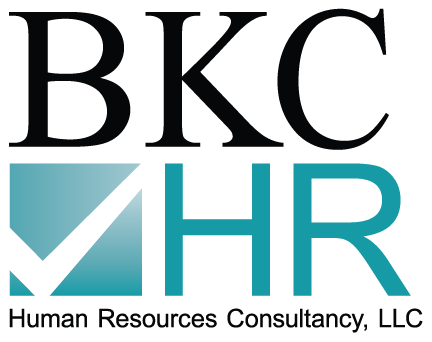 Many individual taxpayers overlook the benefit of deducting “non-cash” charitable contributions. These are donations of property, rather than donations of money (cash, check, or credit card). You are entitled to deduct the current fair market value of the property as a charitable contribution. However, the problem is that for the most part, the charitable organization does not issue a statement to the donor specifying the amount of the donation.
Many individual taxpayers overlook the benefit of deducting “non-cash” charitable contributions. These are donations of property, rather than donations of money (cash, check, or credit card). You are entitled to deduct the current fair market value of the property as a charitable contribution. However, the problem is that for the most part, the charitable organization does not issue a statement to the donor specifying the amount of the donation.
The taxpayer can use reasonable methods to value their non-cash charitable contribution. Depending on the physical condition of the donated property, the taxpayer can use guidelines such as the Salvation Army donation value guide (www.satruck.org/donation-value-guide). As long as your total non-cash contribution deduction for the year is $500 or less, there is no need to list any detail of the non-cash contributions on your tax return. However, in any case, you should keep substantiation of all of your non-cash contributions, no matter the amount.
However, if your total annual non-cash contributions are over $500, you must list details of these contributions on Form 8283. These details include name and address of the donee organization, a description of the donated property, date of the contribution, date the property was acquired, how it was acquired by the donor (purchase, inheritance, etc.), donor’s cost of the property, its fair market value, and the method how you determined the fair market value. If the donation includes an automobile that is valued over $500, you must attach Form 1098-C to your tax return, whereby the charitable organization must list the value of the car upon the sale by the charitable organization. In addition, if you make a donation of over $5,000 in non-cash contributions at any one time (excluding the donation of publicly traded stock), you must also attach to your tax return an appraisal report from an appraiser (who must attest to the value), who performs appraisals on a regular basis, and is not related to the taxpayer, as well as a signed donee acknowledgement report from the charitable organization.
We can help you maximize your deduction for non-cash charitable contributions. If you have any questions about these rules, please contact Andrew Ross, CPA at Bedard, Kurowicki & Co., CPA’s at (908) 782-7900 or visit www.bkc-cpa.com. We encourage you to follow us on Linked In at www.linkedin.com/company/bedard-kurowicki-&-co.-cpa’s-pc for up to the date tips, and sign-up for our helpful enewsletter at www.bkc-cpa.com.




